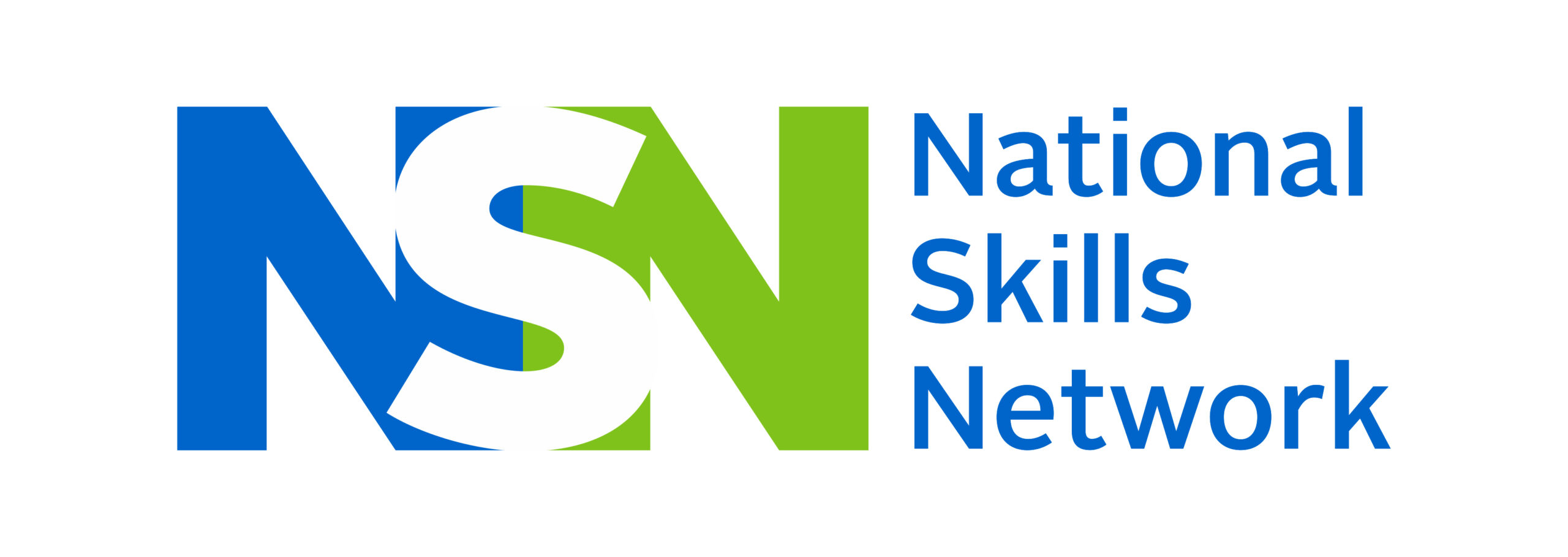Panel Discussions
Panel Discussion # 1- Challenges of Industry in absorbing Talent trained by Skill India Mission
Key discussions of the Panel – It was discussed that Industry across sector today faces the challenge of skilled manpower to carry out specific job roles. But with the skilled manpower being trained through the skill India program industry is still not able to recruit these manpower. Some of the challenges that industry currently faces in recruitment of talented youth through skilled India mission are:
- Limited awareness of industry about the trained youth across multiple states. As the presence of industries varies from state to state.
- Some industry players not even aware about different state skill missions and skill ecosystem.
- High salary expectation of trained youth for entry level job not being appreciated by the industry. The industry people shared the need for proper student counseling.
- The numbers of the skill mission are very high. The supply side of the skilling is trying to create more skilled manpower. The industry might not be able to absorb at this pace.
- Less focus on the soft skill component like English and Basic Computer Literacy in training curriculum.
Panel Discussion # 2- How can Indian youth get awareness and get opportunity to observe in today’s job market?
Key discussions of the Panel – It was discussed that Initiatives like National Labour Market Information System will be operationalized which contains socio-economic data in modules on (i) supply side skilled labour force statistics (ii) demand of skilled / unskilled labour (iii) market trends like wage structures and distribution, economic growth trends across sectors, focus areas for skilled manpower, occupational shortages etc. It will help inform candidates about the choices available to them in terms of sectors, modules and training providers leading them to better career opportunities.
- Schools can support in making vocational training more aspirational amongst the youth of the country.
- Need for psychometric tests at every level to assess capabilities and aspirations of the students.
- Through LMIS or other portals record of students to be maintained which can be accessed by different stakeholders.
- Counselling of both parents along with students of the different career progression paths.
- Vocationalisation at school level has been already implemented in states like- Himachal Pradesh, Goa, Kerala, Jharkhand amongst others.
- Imparting vocational training from class 9th onwards till class 12th. Providing students with NSQF level 1 to 4 certification.
Panel Discussion # 3- Building partnership- How can industry partner with state skill mission and vice versa.
Key discussions of the Panel – It was discussed that across the country various initiatives have brought the industry partner to work in close coordination with the state skill mission or vice versa. In some of the initiative industry has extended its support on curriculum development, on the job training, being part of state skill missions advisory panel or committees and providing exposure to trainees on latest industrial equipment amongst others. Flexi – MoUs of different states such as Madhya Pradesh, Uttar Pradesh and Gujarat were also discussed. It was discussed that Vocational Training should be performance oriented, it should reconnect new problems solving actions with previous learning & experience.
Learning outcomes should be reviewed at the end of a cycle against the target competencies. Each training should have following learning contents:
- Job related knowledge (Integrated Theory & Practice in Laboratories), Practical experience (Skills through workshop training), Project experience (execution of industry like projects in workshop and laboratories), Life Skills, Communication Skills
- Many industries players in the panel such as Jawed Habib and Usha International shared their reservation in aligning their skill initiatives with state skill mission through NSDC and SSCs or any bid management process. They will prefer to work under flexi-MoU modules and follow their own system.
Panel Discussion # 4- The importance of OJT and internship in skilling and how can this be institutionalized?
Key discussions of the Panel – It was discussed that On the Job Training and internship are both similar in nature having a similar objective of allowing a skill trainee to apply all the theoretical knowledge gained during course duration in real industrial set-up.While there is stark difference between apprenticeship and OJT/internship. An apprenticeship is a formal employment program that trains you to do a specific job. Unlike internships/OJT, apprenticeships employ people who already know which career path they wish to follow. It was suggested that HPKVN needs to explore apprenticeship for their trainees and can assist the Technical Education department for providing the internship opportunities for their students. More industry associations needs to be reached out in coming months so that quality placements can be provided to the trainees. Recommendation can be given to NSDC to include the OJT/Internship in the Model Curriculum.




